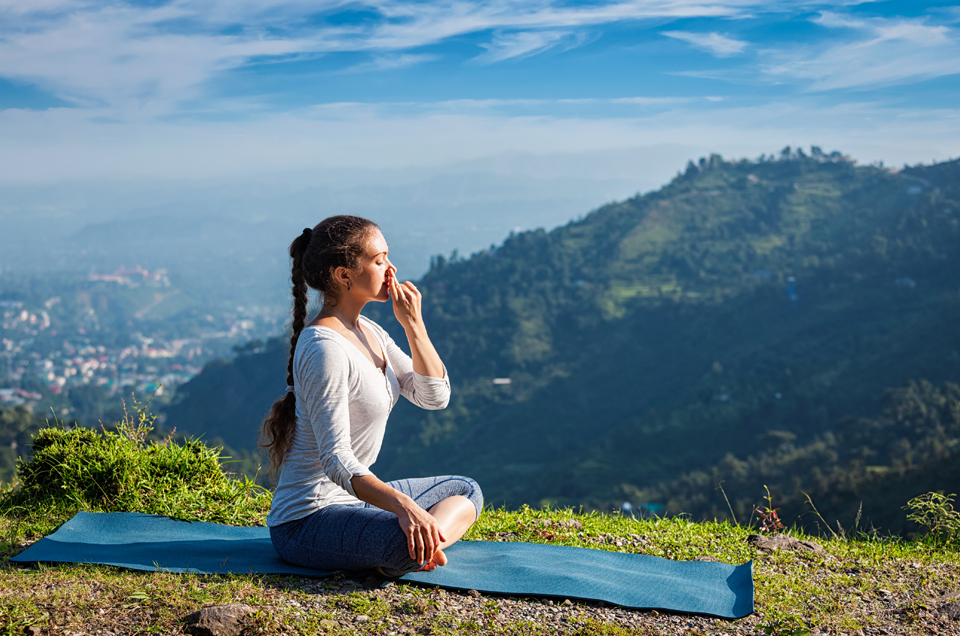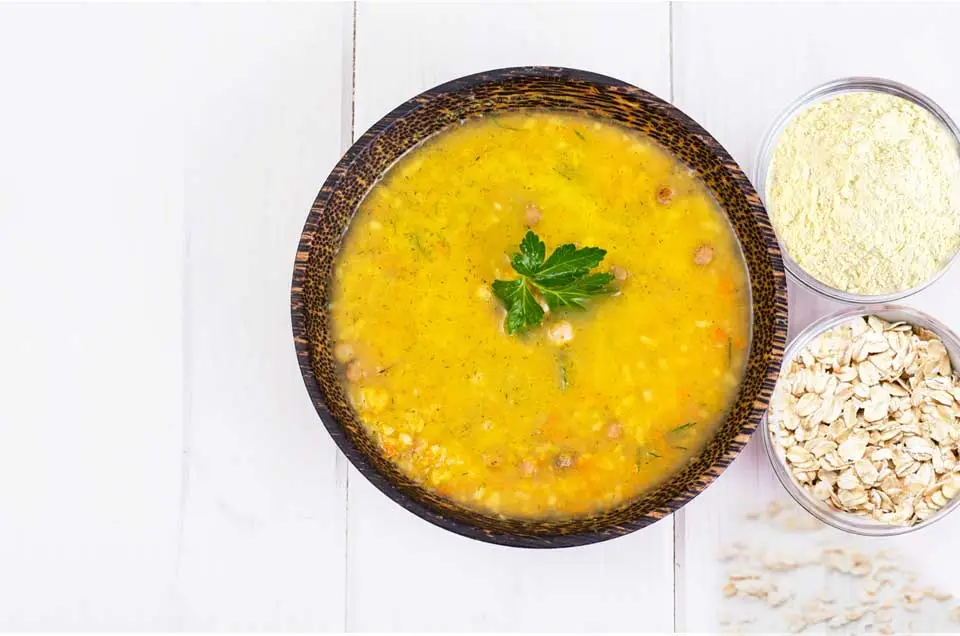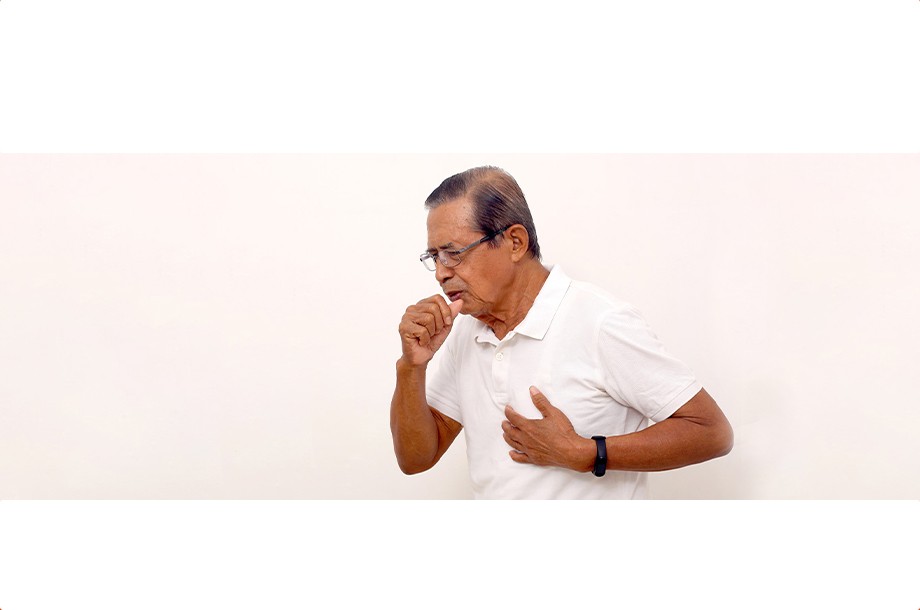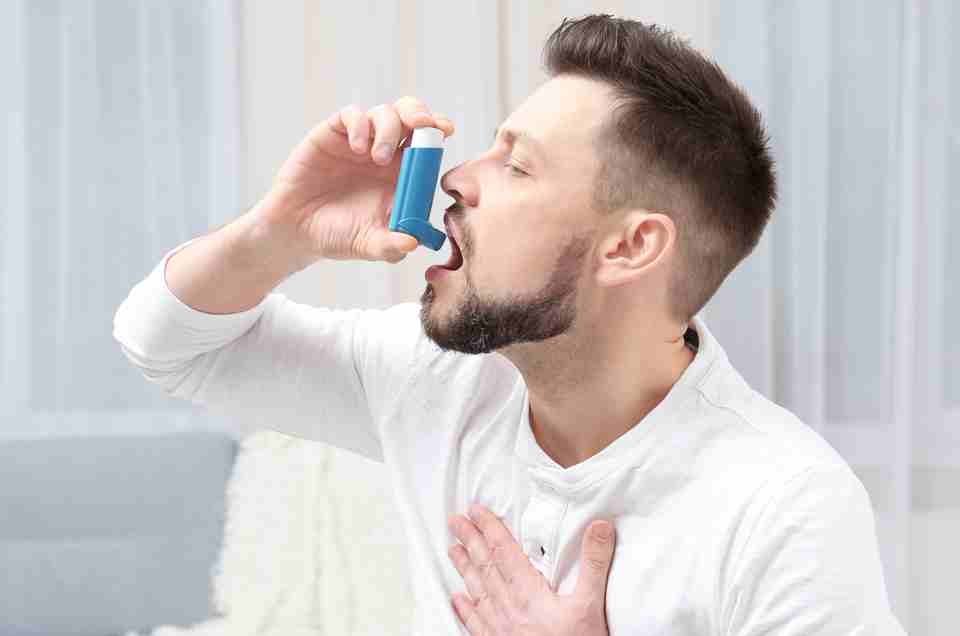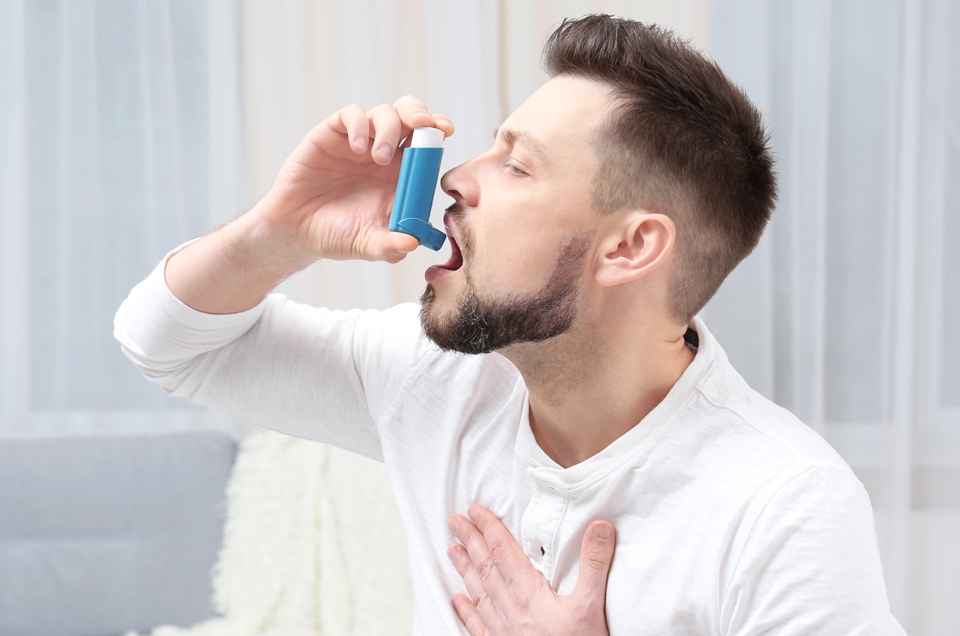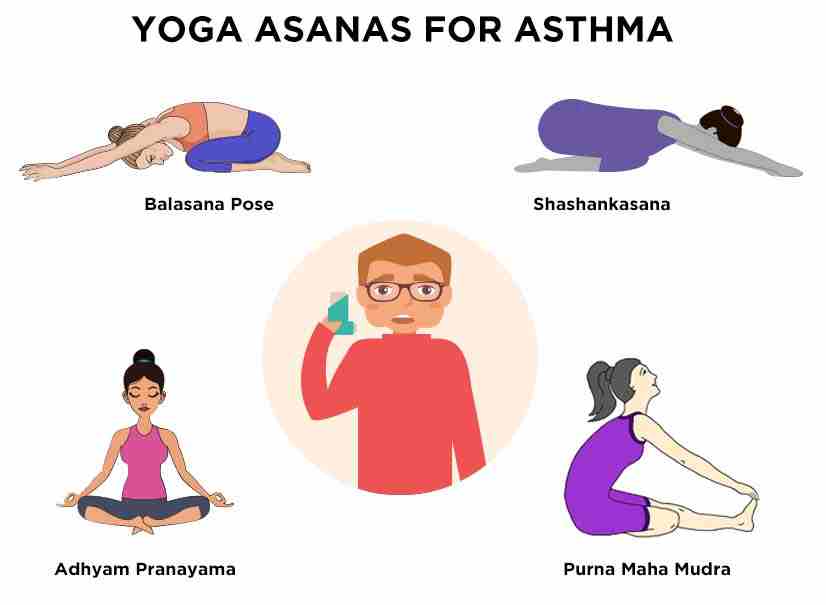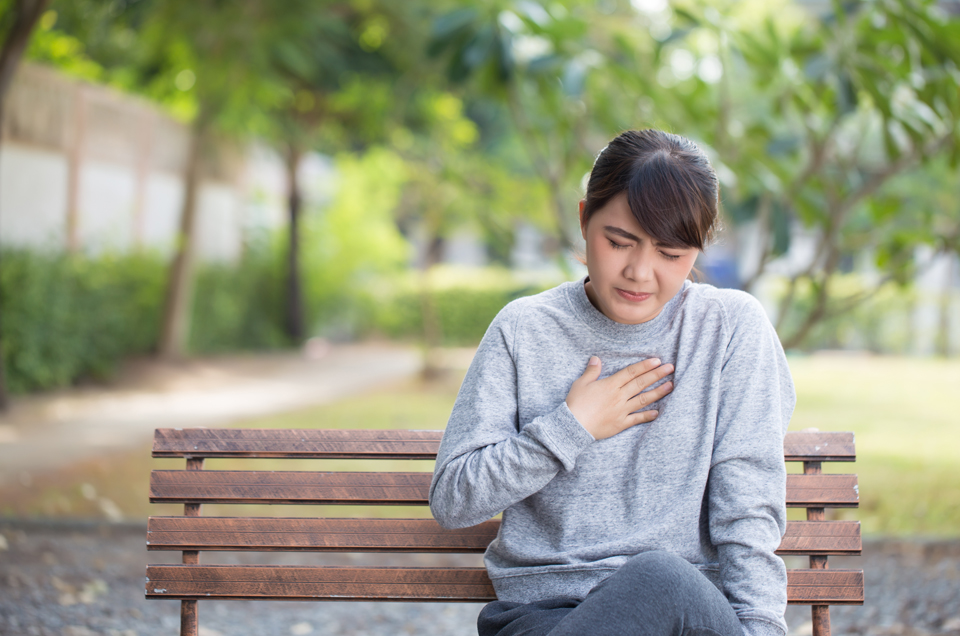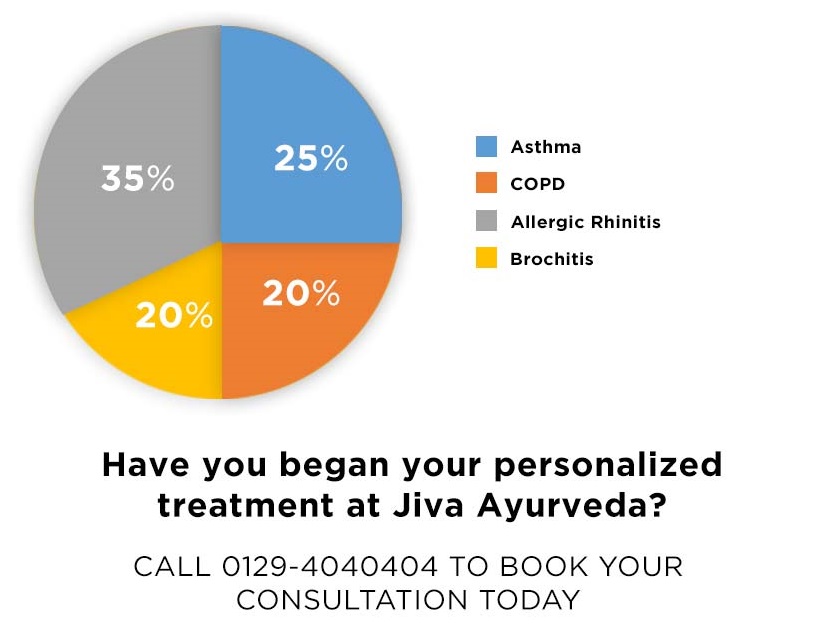Follow a Kapha pacifying diet
A diet that aggravates Kapha leads to the formation of mucus in the body, which in turn can trigger an Asthma attack or intensify the severity of the condition. To pacify Kapha, avoid milk and milk products, like cheese, curd, or paneer. Use pungent spices like pepper, ginger, and mustard while cooking and include sweet elements like honey in your food. Light fruits like apples and pears are recommended, but avoid having heavy fruits like bananas, pineapple, and melons.
Avoid foods that cause flare ups
Asthma patients should avoid sour food as it increases the risk of Asthma attack. Deep fried and processed foods with preservatives are a no-no since they make your body feel heavy and can lead to wheezing. Also, do not overeat. Having a light dinner is the key to avoiding those late night episodes that are so common with Asthma patients.
Drink warm water
Boil a cup of water and allow it to cool until it’s lukewarm. To this add crushed ginger or a pinch of black pepper. Drink this twice a day - once in the morning as soon as you wake up and once at night before retiring to bed. This will melt the phlegm that's built up in the respiratory pipes and decrease the number of Asthma attacks you have.
Don’t sleep immediately after having dinner
The duration between your last meal and your bedtime should be at least 2 to 3 hours. This gives the body enough time to digest the food and you won’t have to sleep on a heavy stomach. In case you can’t give 2-3 hours as a cool off time after dinner, wait for at least an hour before you go to bed.
Identify Asthma triggering factors
Observe your lifestyle and routine and see what is causing flare ups. Is it your diet? Could it be seasonal change? For instance, if dust particles are responsible for an attack, keep your surroundings clean. Change your bedsheet and pillow cases twice a week. Cover your nose and mouth when stepping out. Your house and workplace should be well-ventilated, let fresh air and sunlight come in. To identify exactly what’s triggering your Asthma attack, speak to a Jiva doctor today.
Oil Massage
For instant relief from the symptoms of Asthma, massage the chest and the back with warm sesame (til) oil. The lubrication of the oil counteracts the dry and rough quality of Vata, thereby easing your breathlessness and discomfort. Do this before you sleep so that you’re able to keep night episodes at bay.
A healthy lifestyle plays a huge part in keeping breathing troubles at bay. Once you make the changes we’ve recommended above, you’ll notice a big difference in the quality of your life. For long-term relief from Asthma, check out ayurvedic medicines for breathing problems or consult a Jiva doctor today. You can dial 0129-4040404 from your mobile phone or click on ‘Speak to a Doctor’ under the CONNECT tab in the Jiva Health App.




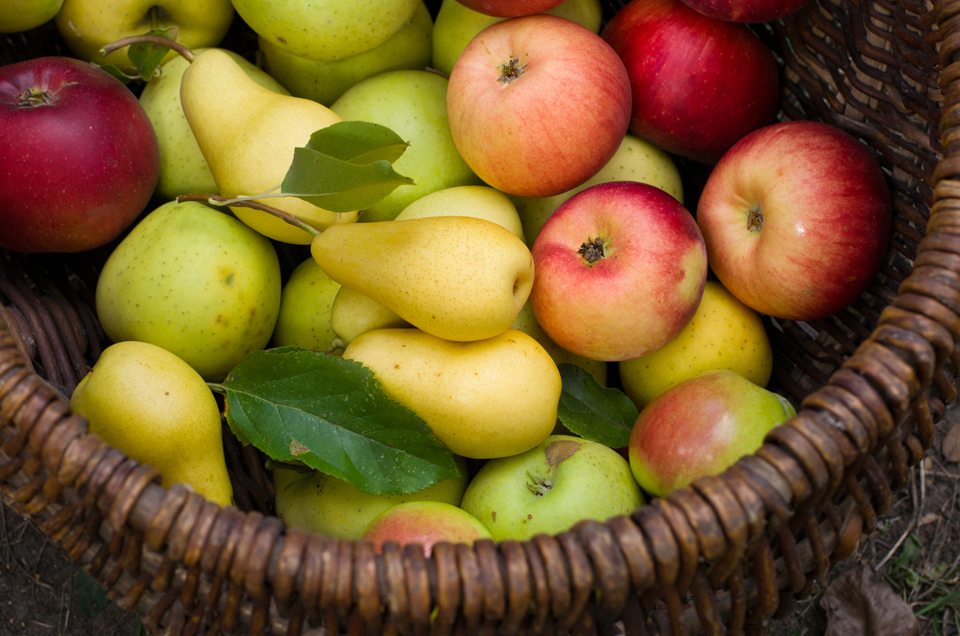
 Prev
Prev
